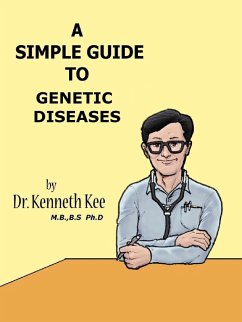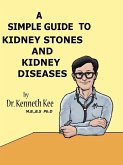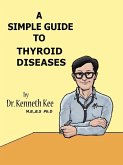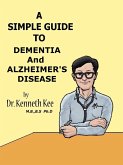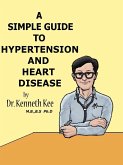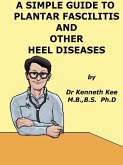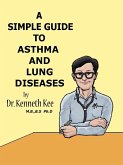Genetic disorders can be caused
1. by a mutation in one gene (monogenetic disorder)
Monogenetic disorders are relatively rare and are caused by a mutation in a single gene.
The mutation may be present on one or both chromosomes (one chromosome inherited from each parent).
Examples of monogenic disorders are: sickle cell disease, cystic fibrosis, polycystic kidney disease, and Tay-Sachs disease.
A mutated gene can be inherited through a family.
Each generation of children can inherit the gene that causes the disease.
Monogenic disorders can be:
a. Dominant diseases are caused by the presence of the disease gene on just one of the two inherited parental chromosomes.
In dominant diseases, the chance of a child inheriting the disease is 50 percent.
In a family situation, for example, if the parents have four children, it may be possible that two of those children inherit the disease gene.
Examples of dominant diseases are Huntington's chorea and Marfan syndrome.
b. Recessive diseases require the presence of the disease gene on both of the inherited parental chromosomes.
In this case, the chance of a child inheriting a recessive disease is 25 percent.
In the family example, if the parents have four children, it may be more likely that only one child will develop the disease. Examples of recessive diseases include cystic fibrosis and Tay-Sachs disease.
2. by mutations in multiple genes (multifactorial inheritance disorder)
Most genetic disorders, however, are "multifactorial inheritance disorders," meaning they are caused by a combination of inherited mutations in multiple genes, often acting together with environmental factors.
Behaviors are also multifactorial, involving multiple genes that are affected by a variety of other factors.
Researchers are learning more about the genetic contribution to behavioral disorders such as alcoholism, obesity, mental illness and Alzheimer's disease.
3. by a combination of gene mutations and environmental factors
Multifactorial inheritance disorders are caused by a combination of small inherited variations in genes, often acting together with environmental factors.
Heart disease, diabetes, and most cancers are examples of such disorders.
4. by damage to chromosomes (changes in the number or structure of entire chromosomes, the structures that carry genes)
Chromosome disorders are caused by an excess or deficiency of the genes that are located on chromosomes, or by structural changes within chromosomes.
In Down syndrome there is an extra copy of chromosome 21. (called trisomy 21), although no individual gene on the chromosome is abnormal.
A specific form of blood cancer (chronic myeloid leukemia, CML) may be caused by a chromosomal translocation, in which portions of two chromosomes (chromosomes 9 and 22) are exchanged.
Nearly all diseases have a genetic component.
Some diseases are caused by mutations that are inherited from the parents like sickle cell disease.
Other diseases are caused by acquired mutations in a gene or group of genes that occur during a person's life.
Such mutations are not inherited from a parent, but occur either randomly or due to some environmental exposure (such as cigarette smoke). These include many cancers, as well as some forms of neurofibromatosis.
Rarely, one of these monogenic diseases can occur spontaneously in a child when his/her parents do not have the disease gene, or there is no history of the disease in the family.
This can result from a new mutation occurring in the egg or sperm that gave rise to that child.
TABLE OF CONTENT
Genetic Diseases
C...
Dieser Download kann aus rechtlichen Gründen nur mit Rechnungsadresse in A, B, CY, CZ, D, DK, EW, E, FIN, F, GR, H, IRL, I, LT, L, LR, M, NL, PL, P, R, S, SLO, SK ausgeliefert werden.

